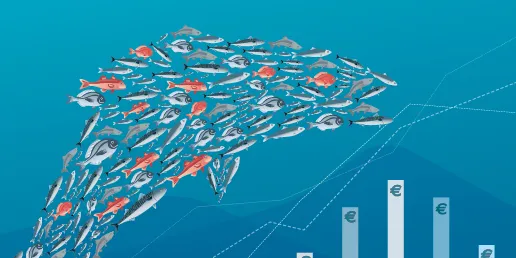DG Mare conference blog: The $8 billion value-added opportunity
The IntraFish team covers all the most critical developments in the European fishing industry at the two-day EU conference.

The IntraFish team covers all the most critical developments in the European fishing industry at the two-day EU conference.
